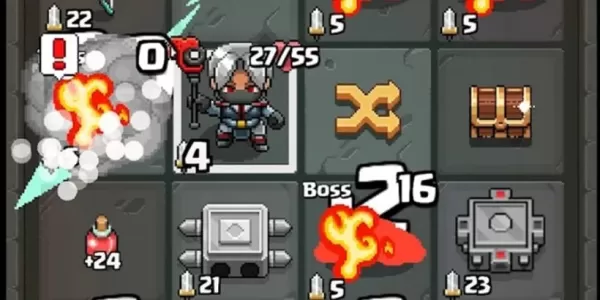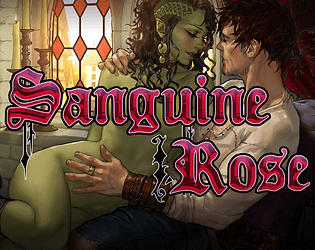Andrea Pessino, co-founder of developer Ready at Dawn, revealed that Sony rejected a sequel to the PlayStation 4 game, *The Order: 1886*, due to its lukewarm critical reception. Despite the game's stunning visuals, which set it apart as one of the best-looking titles of its generation, *The Order: 1886* launched in 2015 to mixed reviews. The game, set in a Victorian London battling werewolves, left fans eager for more, especially given its cliffhanger ending.
Pessino expressed that Ready at Dawn pitched an "incredible" sequel to Sony, driven by a passion to deliver for the fans. "It would have been an incredible sequel, I can tell you that for a fact," he stated, though he couldn't elaborate further due to not owning the franchise rights. Despite the challenges faced during the development of the original game, including a strained relationship with Sony and the necessity to cut content to meet deadlines, Ready at Dawn was willing to sign unfavorable terms to bring a sequel to life.
The development process was fraught with tension, as Sony expected the graphical quality showcased in initial pitches to be maintained throughout the development milestones. When Ready at Dawn couldn't meet these standards temporarily, payments were withheld, exacerbating the situation. Pessino noted that such practices are standard for third-party publishers but still led to a difficult partnership.
Despite the readiness to accept a smaller budget and less favorable conditions, Sony declined the sequel proposal. Pessino lamented the lost opportunity to build upon the solid groundwork laid by the original game, expressing a deep desire to redeem the franchise for its fans. Unfortunately, with Ready at Dawn's closure by Meta in 2024, hopes for a sequel to *The Order: 1886* have been extinguished.
In IGN's review, the game received a 6/10 score, with the comment: "Though a stylish adventure, The Order: 1886 emphasizes its cinematic polish at the crippling cost of gameplay freedom."
















